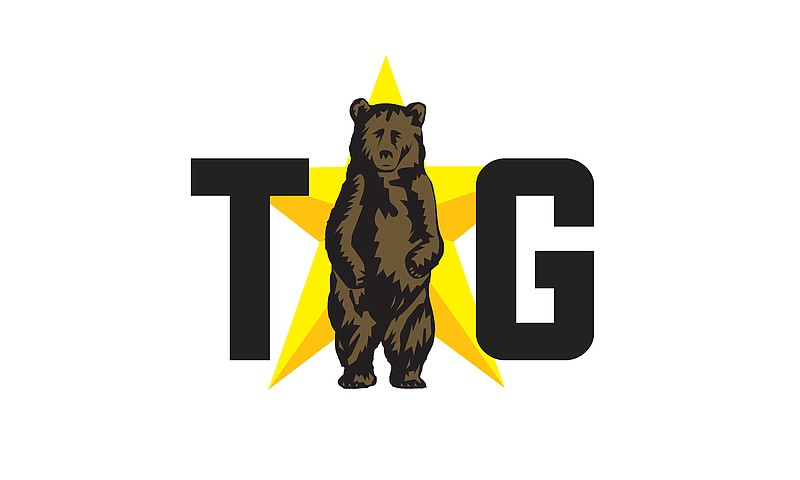Based on the statistics of AAA, the average price of regular gas per gallon in Texas was $1.879 during the Independence Day weekend. The national average was $2.180 which was 21 percent less than in 2019. Though the gas price is in good bargain, you may find out that traveling was a challenge for this summer holiday. COVID-19 keeps us away from the crowd. Hit-the-road could be your number one traveling choice. In fact, the flight booking during the holiday was down by 80 percent. A travel data company - Arrivalist estimated that there were 36.8 million (11 percent down from 2019) Americans travelled by road during the Fourth of July. If you planned your trip through driving, did you think about the safety (from virus) while staying in a hotel or eating in a restaurant? Have you thought about renting a RV for your vacation? According to ABC news, there were 46 million Americans planning their RV trip in next 12 months. This is 3 times more than years before. Perhaps, you could be the one them.
Traffic is a part of our life. Driving in Texarkana is pretty easy except in some busy spots. You could experience a short delay along Richmond road nearby Sam's club or Super1 superstore. But, driving in a big city (e.g. Houston, LA, New York, Seattle) would bring us a headache. You will not surprise to be stuck in the highway for one or two hours. Years ago when I visited to the downtown of Seattle and left the city around 3pm. I met a big traffic jam in I-5. I saw hundreds of vehicles moving slowly. For a 20-mile trip on I-5, it took about 2 hours (10 miles per hour). It is not much faster than riding a bike. After getting through the bottle-neck zone, I could pick up my regular driving speed.
Today, the smartphone is popular. The Global Positioning System (GPS) and Traffic Alert Apps (such as Traffic Spotter, TomTom GPS Navigation, Live Map Traffic Updates, Traffic Info and Traffic Alert, Google Maps Go, Waze, Google Maps, Inrix XD traffic, InRoute Route Planner) in the phone help us find the re-route. I remember that more than 2 decades ago (before having my first GPS) while driving to a big city, I spent time to read my Rand McNally paper road map before I left. I hate to go to somewhere unpredictable because of taking different exit. Usually, I stay in a correct line few miles before the merging exit.
GPS was developed by the U.S. Department of Defense in the early 1970. To find out the location of where is our car, you need 4 GPS satellites signals (x, y, z coordinates and time variables). According to the website gps.gov, there are at least 24 operational GPS satellites orbiting Earth. Besides, our GPS in the US, there are three more major satellite navigation systems globally. European Union has Galileo, and Russia and China have GLONASS and Beidou systems, respectively. Although GPS was originally designed for a military purpose, the civil applications have grown much faster. GPS has numerous applications in land, marine, and air navigation. Vehicle tracking and navigation are rapidly growing applications. Nowadays, many new vehicles has built-in GPS systems as well.
Do you know that GPS is widely used in transit systems in many countries? Canada, UK, and India are using GPS to track buses. In the US, many cities (such as Houston, Waco, and Seattle) have metro trip apps to provide bus riders real time information through their smartphone. Google Transit could be one of your favorite apps when you are situated in a big city. While I traveled to Vancouver, Canada, the public transportation system - TransLink has used GPS to allow passengers to track the bus movement in real time. In package delivery, truck companies use GPS for tracking to guarantee their delivery and pickup arrived at the time promised.
Garmin, one of the leading companies of in GPS technology, has released some interesting information this May to highlight our physical activity trends during the COVID-19 pandemic. Based on their data collected by their wearable devices, virtual cycling activity was up 64 percents, outdoor walking was up 36 percents, and there was 11 percents increased in yoga activity. However, golf has seen a decline of 20 percents and indoor treadmill running was down 44 percents too.
The applications of GPS are widely. Our coming self-driving vehicles are greater depending on GPS. A 2017 report prepared by Seattle's Department of Transportation suggests that self-driving vehicles (if shared and not owned privately) could result in 45 percent fewer cars on the road in Seattle region by 2030. This suggestion turned out to be a question of an international mathematics contest in modeling for high school students and college undergraduates. This annual competition is organized by Consortium for Mathematics and Its Applications. Amazon is using drone to deliver their packages and has started to deliver packages through robots. Israel is going to use drones to deliver medical supplies and test samples to hospitals during COVID-19 pandemic. One day, if you receive an air-dropped package in your backyard from Amazon, will you be excited?

